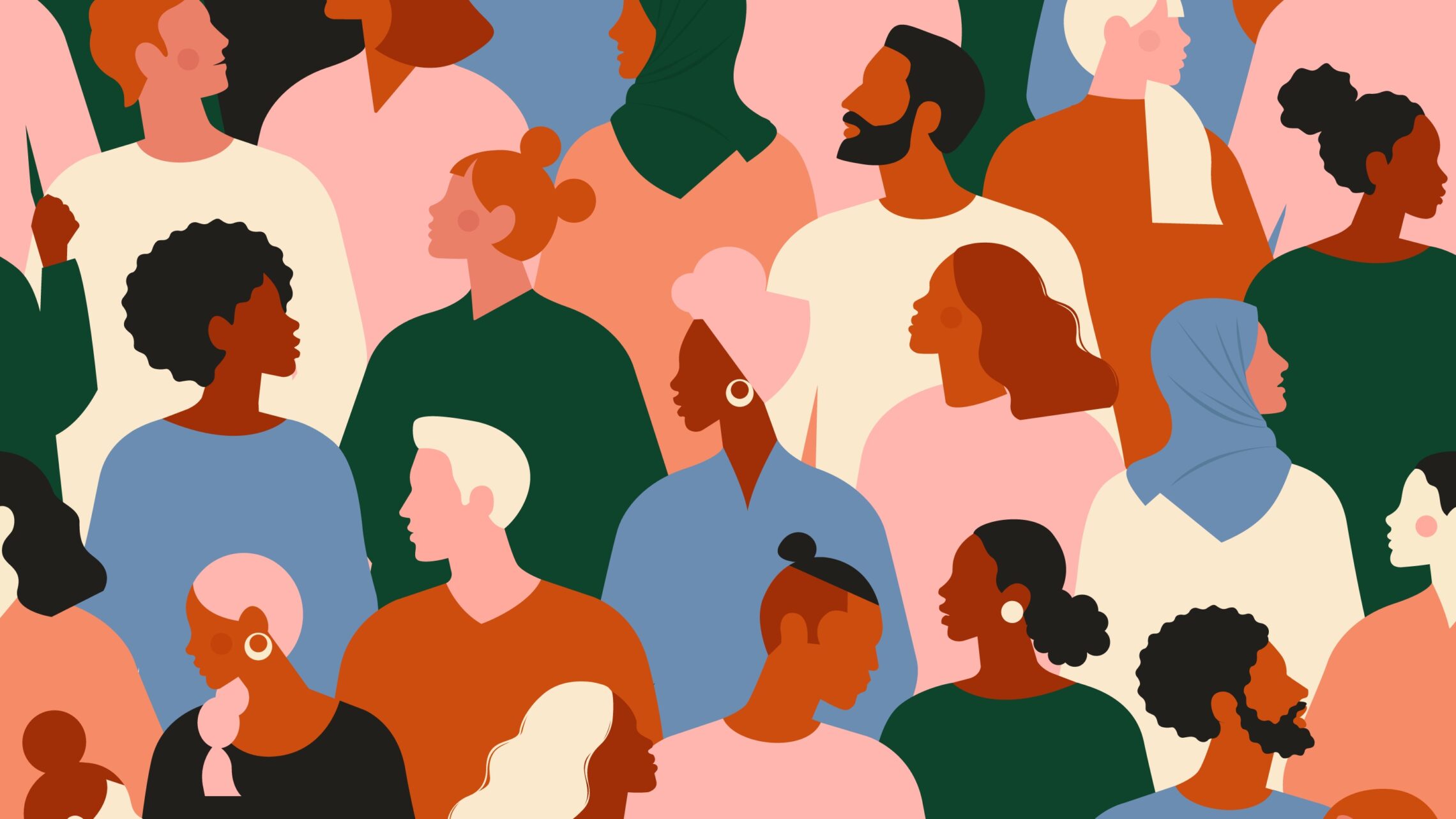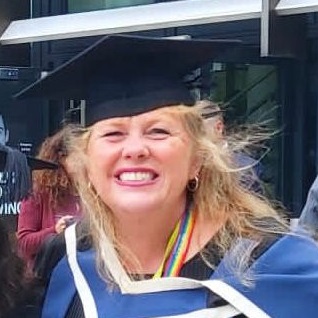Over the past five years, social work students and staff at Oxford Brookes University have been involved in a joint initiative to decolonise the social work curriculum, and to promote a genuinely inclusive learning community.
Initially our intention was to address the outcome and awarding gap between white students and minority ethnic students.
However, over the period of five years, this has developed into a commitment to produce a curriculum that no longer privileges white Anglo-centric approaches to learning and practice but draws equally on models from the Global South.
Valuing diversity
The idea being that indigenous wisdom is of value as it helps us to think about how we might transform our pedagogical approach, to one that truly values epistemic diversity and collective thought as a vehicle for change (Mbembe 2017).
The aim of the work is to create not just an equitable experience but an anti-racist university experience for all our students. As such we have adopted a holistic strategy, with a focus on degree awarding gaps, theoretical models, curriculum, staffing, and research.
As a predominantly white team teaching a more diverse student body, we had to develop our authenticity through reverse mentoring and accept our privilege, journeying from defensiveness to acceptance. This has been significantly challenging: learning has at times been painful and bruising and we have had to be open to becoming the specialist “white accomplices”.
Inviting and addressing critique from students really helped us to see students as core partners.
We learnt that it was far too easy to overestimate our understanding of issues of race and racism and to underestimate the associated complexities of our teaching and learning environment.
Our discomfort and the disruption when we got it wrong were the drivers that helped us transform the direction of the work.
Building “a place to inhabit”
Working in partnership with the social work programme at Hope Africa University, Burundi, we discovered the paradigms Ubuntu and Ikibiri. Ubuntu (“I am because we are”) and Ikibiri (“solidarity”) speak to collectivistic values based on the concept of coming together to succeed, which has a useful resonance with our social work ethos.
The resonance with the need for belonging for students in higher education inspired us to draw on ideas by the political theorist Achille Mbembe around “creating a place to inhabit”. We used Mbembe’s work as a basis for developing strategies to achieve equity for our students.
This new approach places student voices, and their need for self-determination as conceptualised by African models, at the centre of a staff-student collective approach to learning and teaching.
Our unique student buddying programme with our Burundian partners further creates a “place to inhabit” through validating cultural differences. It enables all of our students to develop knowledge of racial inequalities and take part in our decolonised curriculum.
One student involved in the project said that it showed our “dedication to support (Global Majority) students and remove racial inequalities.”
We have also worked in close partnership with our students to co-create our anti-racist approach. We listened to student feedback about the resonance of the MANDELA model designed by Prospera Tedam as a method of structuring support for black African students whilst on their placement.
The model involves Making time, Acknowledging Needs of this specific group, identifying Differences, Education, Life experiences and Age. Our students advocated for us to extend the use of this model to support all student-staff interactions, for example, in academic advising sessions, which we have now implemented.
We reviewed our assessment framework to decolonise assessment and ensure that it is truly anti-racist. For example, we encouraged and supported work that used indigenous frameworks in practice and we awarded marks for work that sourced literature from the Global South or from indigenous viewpoints.
We developed our transition support to ensure that we identify the specific learning needs of each student as they enter the programme, to attempt to counter the impact of institutional racist disadvantage in the UK education system at the point of admission, valuing both previous lived and work experience of our students. This works by broadening outlooks and understanding, introducing students to different cultures, and building the idea of a common endeavour.
Student empowerment
We facilitated the creation of a student advisory group: The Global Majority Collective. This group has a fully meaningful role that extends significantly beyond current sector-wide initiatives to involve students in creating anti-racist pedagogies.
Previously, we relied on generic student feedback through the student rep system but in creating “a place to inhabit” we realised that we needed to hear specifically from the students affected by racism and show that we valued their input.
About 25 students met fortnightly, led by a student, to identify and prioritise anti-racist course development opportunities. Students know that this is a confidential space to express themselves.
As a result of advice from the group, our team has further decolonised content and assessment, and trained external contributors to our programme in unconscious bias and microaggressions.
We value our Global Majority Collective members by paying them, celebrating their expertise, and acting on their feedback. This approach is informed by our professional backgrounds and values in social work including advocacy, empowerment, humility, and integrity.
The approach really gathered momentum after we received some negative comments on social media about our early work: namely, that a top-down approach of not involving enough students from ethnic backgrounds in the design of our work presented a non-diverse perspective. Addressing these comments helped us to see students as core partners in developing the initiative.
The Global Majority Collective is thriving: student members are our critical friends and see themselves as our allies as trust has grown between us over time. They are helping us to grow as white accomplices. The current leader of the Global Majority Collective said this has “opened a dialogue to create an anti-racist university experience. As a Black student I’ve seen an implementation of many issues we reported.”
In a recent survey of all our students about their academic self-efficacy, GM students scored higher than white students (8.4 versus 7.28). In explaining their scores, GM students referred to inclusive course content and their sense of being accepted, reporting a positive sense of belonging, feeling valued as a student, an ability to identify with course content, and feeling able to meet their full potential.
Staff strategy
Specifically to create an anti-racist university experience, we used reflective practice, anti-racist action planning, consulted experts by experience, and are bringing on more advanced students towards a staffing role.
Our staff recruitment approach now aims to ensure that we pay attention to the range of different lived experiences of anti-racism as well as ethnic and cultural diversity. We are collaborating with Dr Tedam, the creator of the MANDELA model for supporting students to provide ongoing staff training. Again, we have drawn on our practitioner backgrounds to continue to support one another when we have made mistakes.
Through a unique commitment to uncomfortable learning, we have truly imagined and implemented an inclusive anti-racist approach in higher education as being a creative, rich space for growth and an exciting opportunity, so much more than a straight upright trajectory to success.
Ideas drawn from Ubuntu, Ikibiri, and creating a “place to inhabit” have helped us to ensure all voices are heard and valued, and this in turn has helped the achievement of our aims related to the problem of attainment and experience.
You can find out more about the work discussed in this article here.












